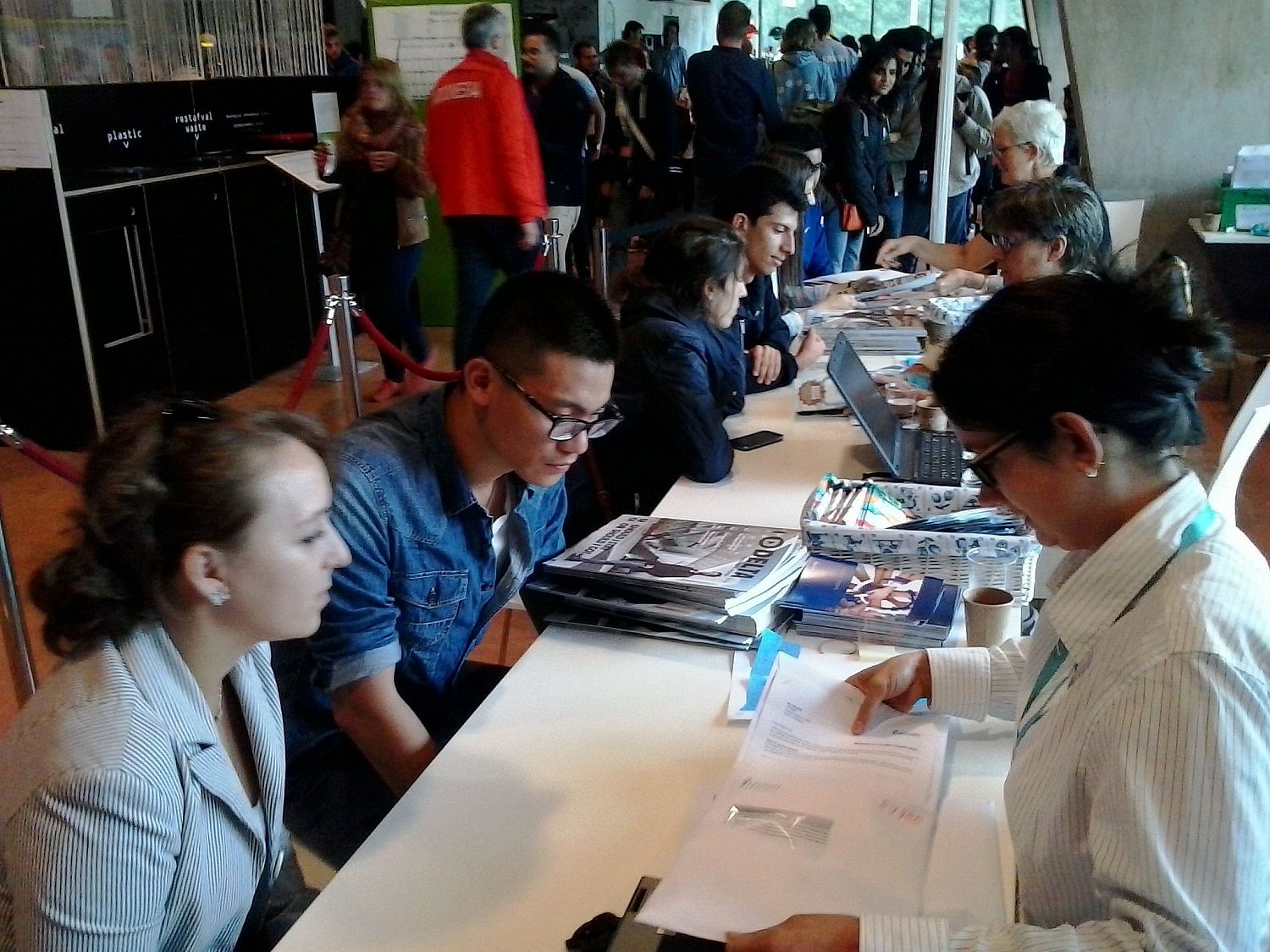Een op de zes allochtone stagiairs in het hoger onderwijs zegt last te hebben van discriminatie bij het solliciteren. Dit blijkt uit cijfers van de Nationale Stagemonitor.
Allochtone studenten moeten meer moeite doen om een stage te krijgen dan hun autochtone studiegenoten. Gemiddeld sturen zij acht sollicitatiebrieven voordat zij op gesprek mogen komen, terwijl autochtone studenten er gemiddeld 6,5 versturen.
Ook tijdens de stage zelf hebben allochtone studenten negatieve ervaringen. “Elk lunchgesprek ging over mijn hoofddoek”, zegt één van de gediscrimineerde studenten in de monitor. “Er waren veel discriminerende opmerkingen over mijn geloof.” Ze mocht vanwege haar hoofddoek minder contact hebben met klanten.
Etniciteit speelt bovendien een rol bij de toekenning van een stagevergoeding. Van de allochtone studenten ontving 23 procent er geen, tegenover vijftien procent van de autochtone studenten.
Het enige positieve nieuws is dat het verschil in hoogte van de stagevergoeding is afgenomen. Kregen allochtone studenten in 2014 nog veertien euro per maand minder dan hun autochtone medestudenten, in 2015 is dit verschil verkleind naar acht euro (290 euro tegenover 298 euro per maand).
Aan de monitor werkten 1630 studenten mee.



Comments are closed.